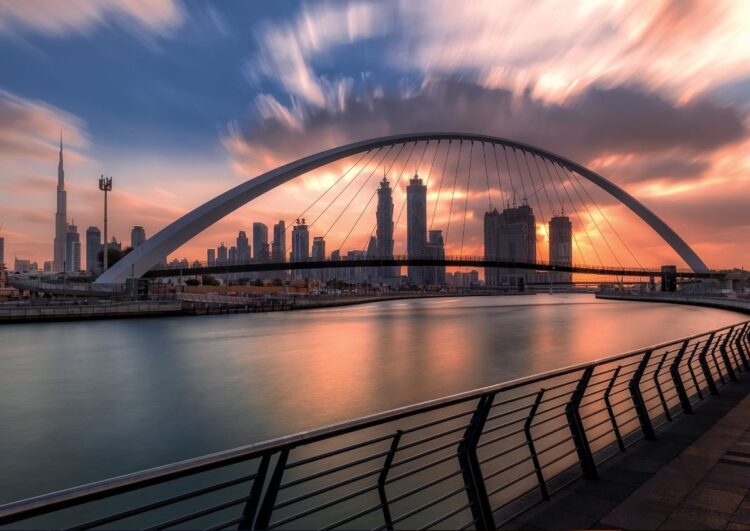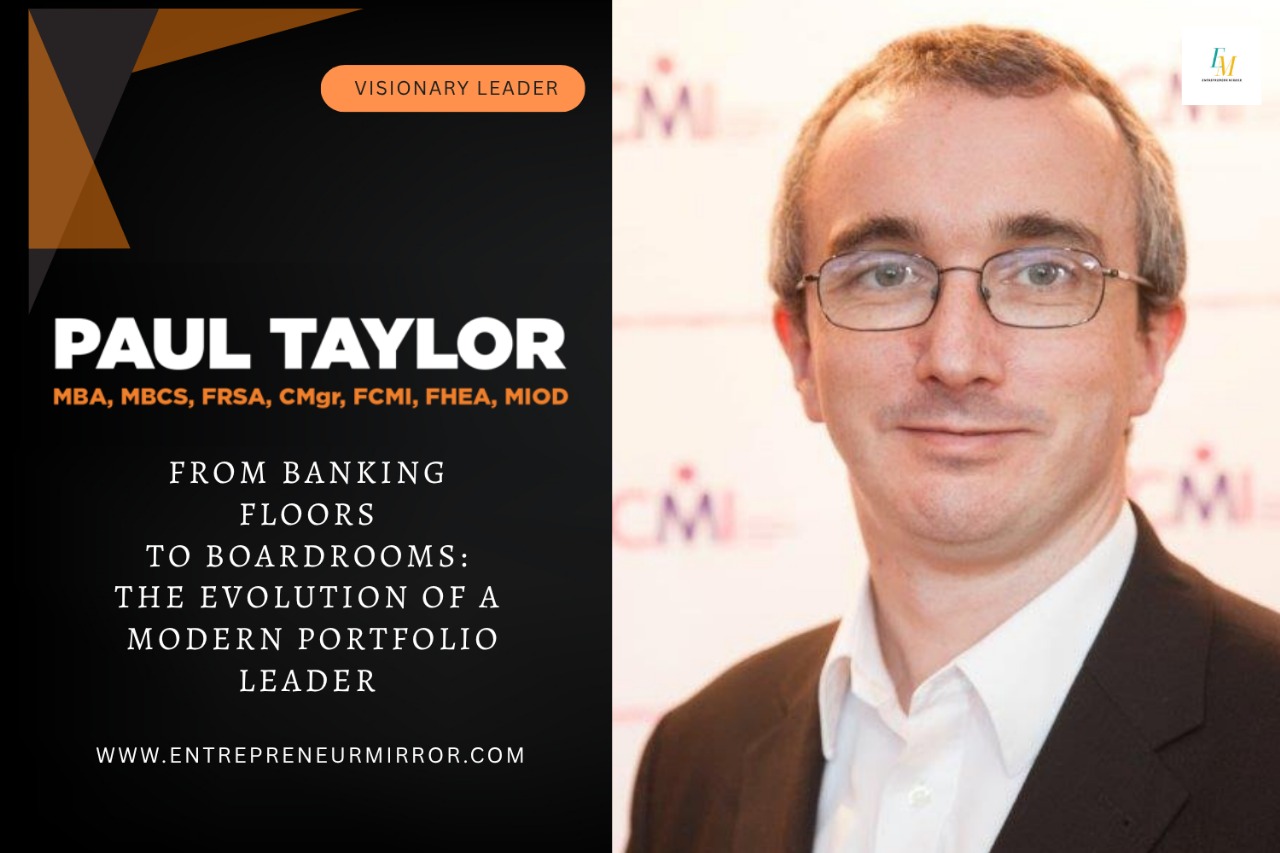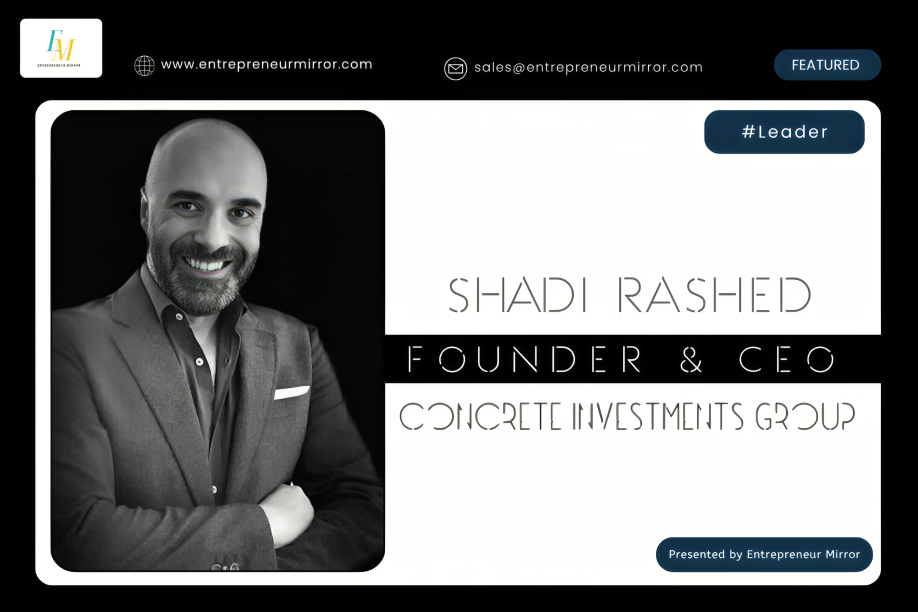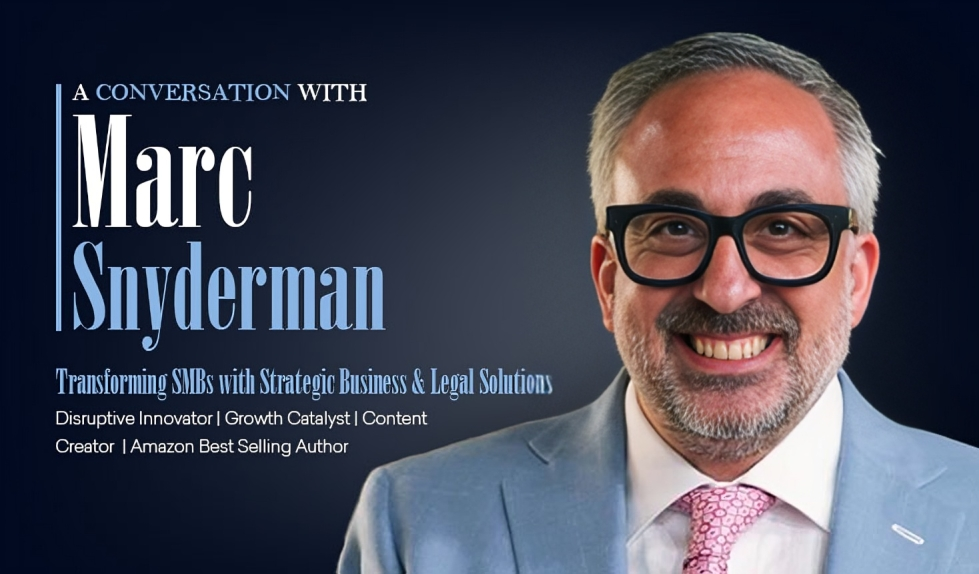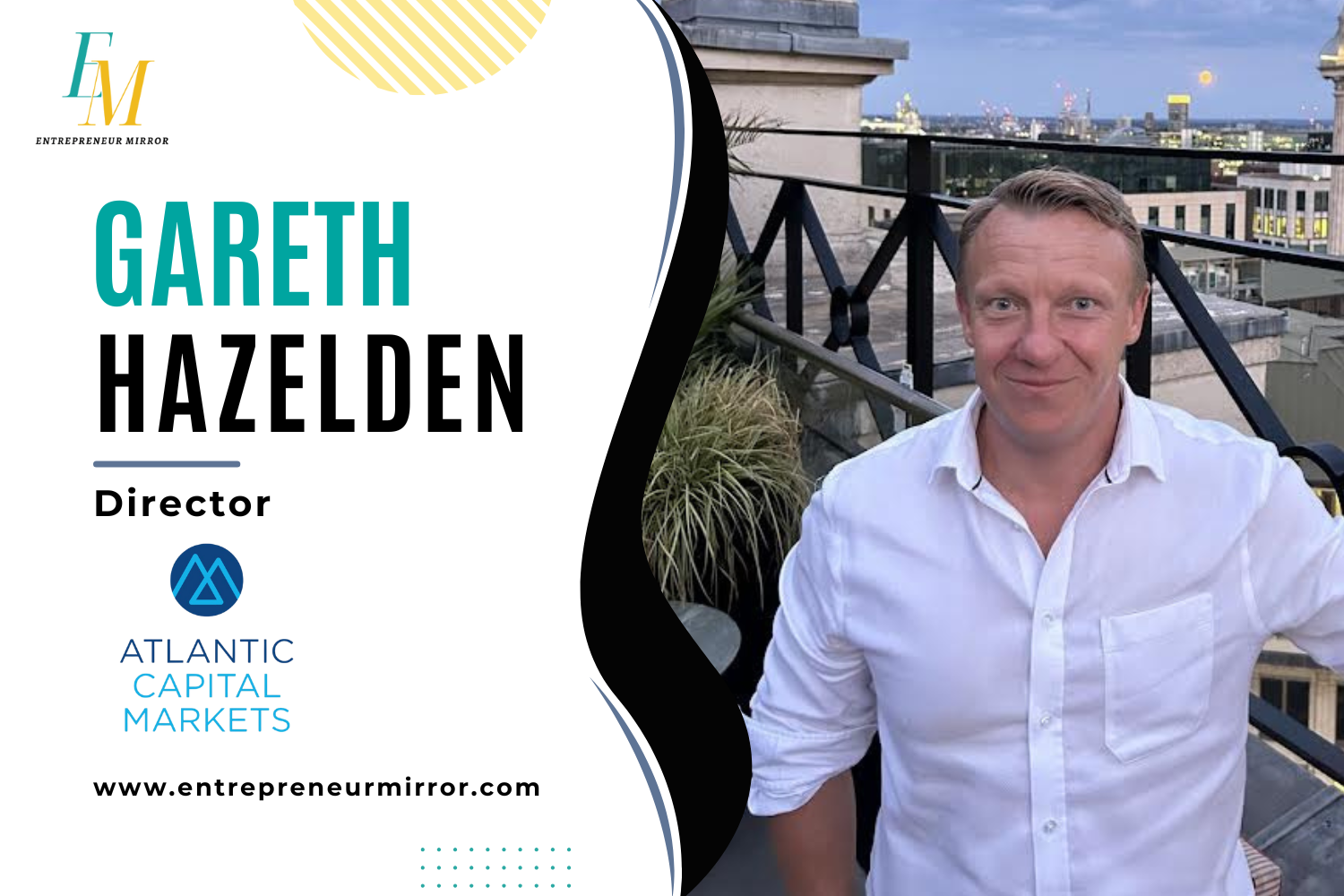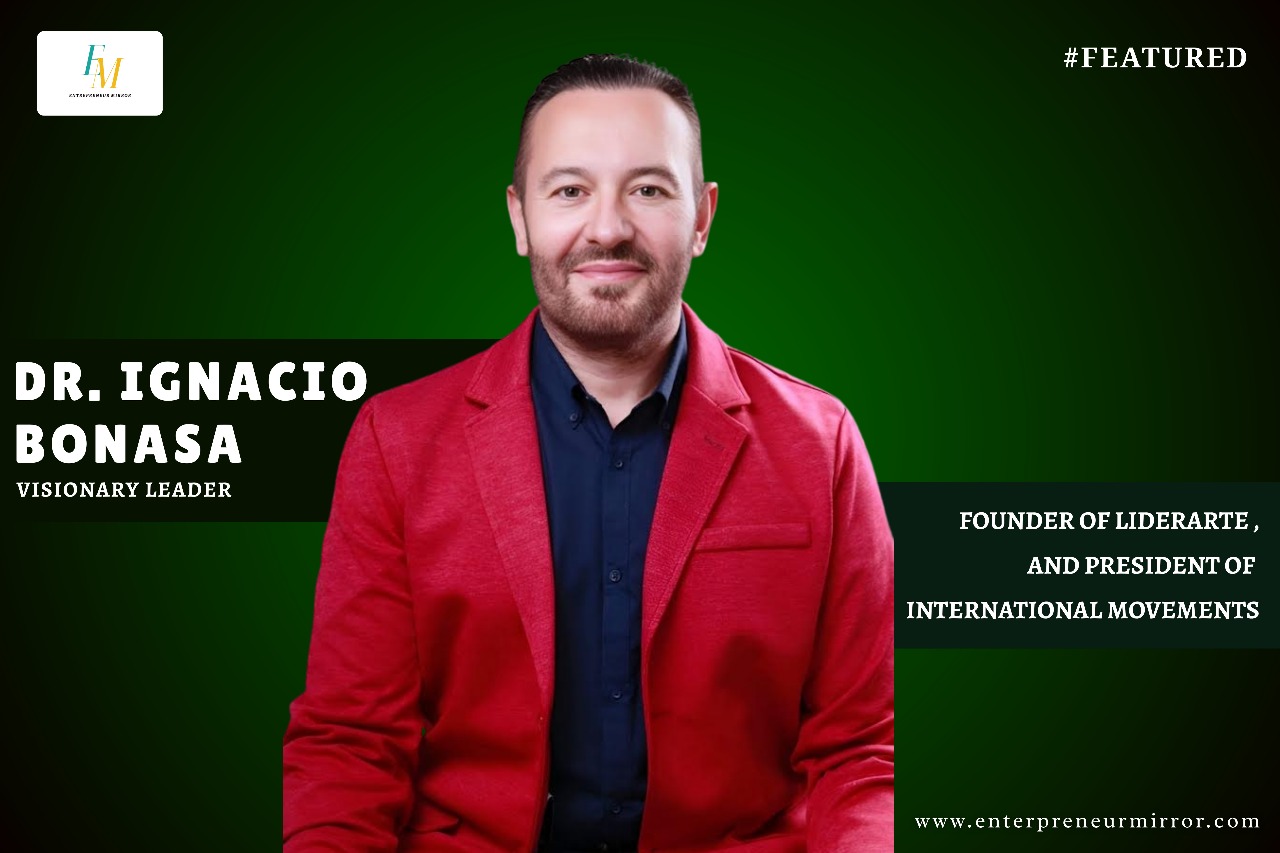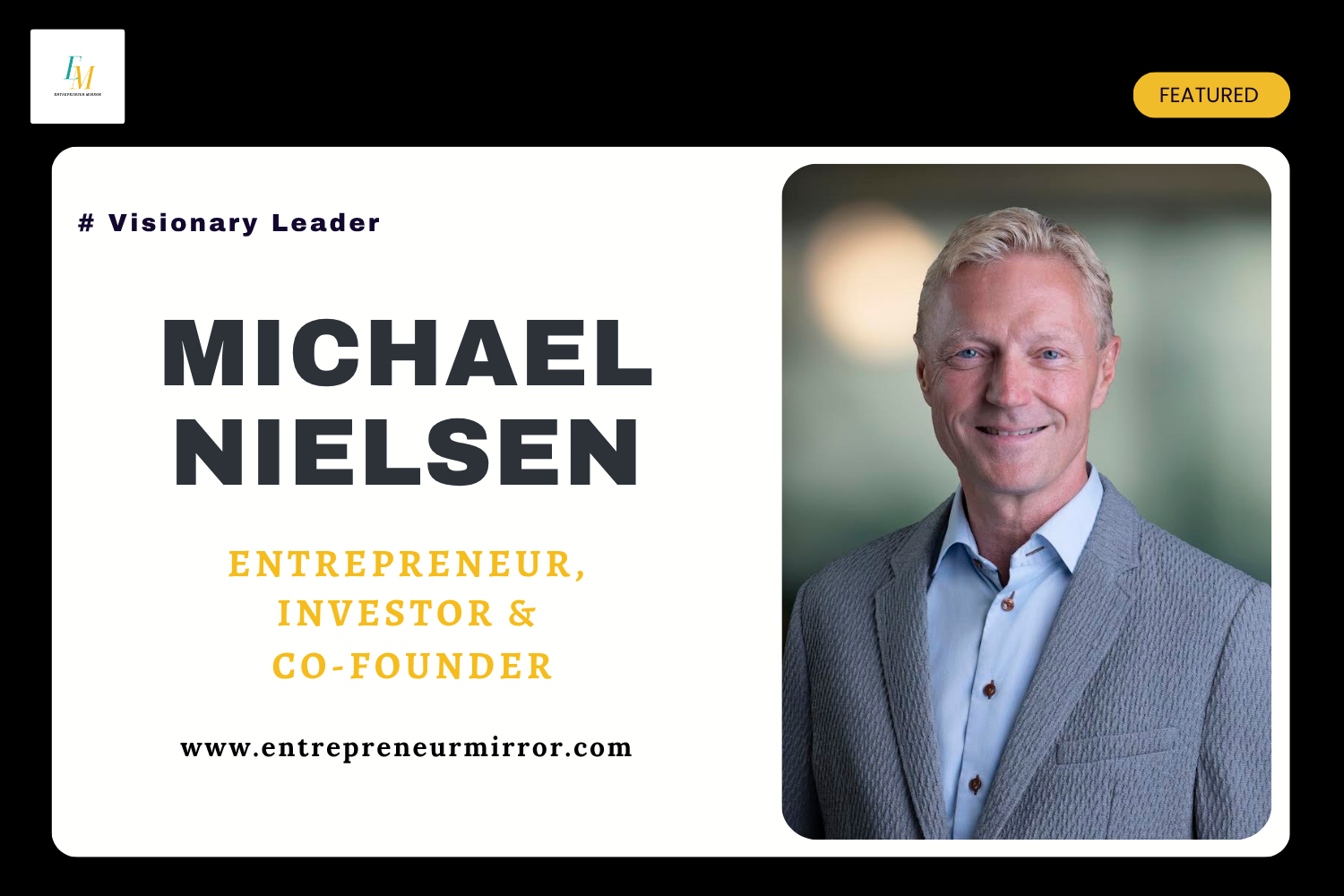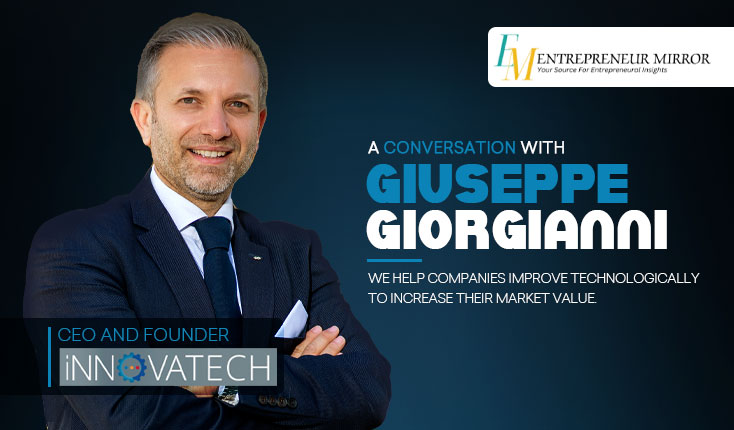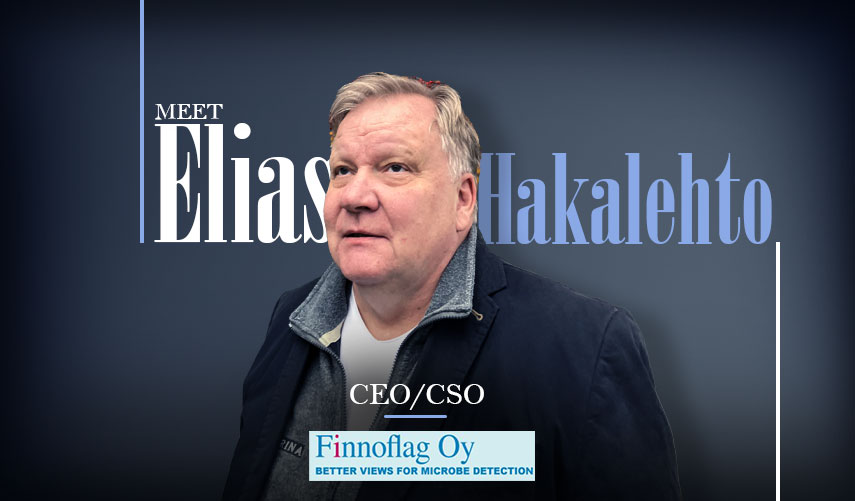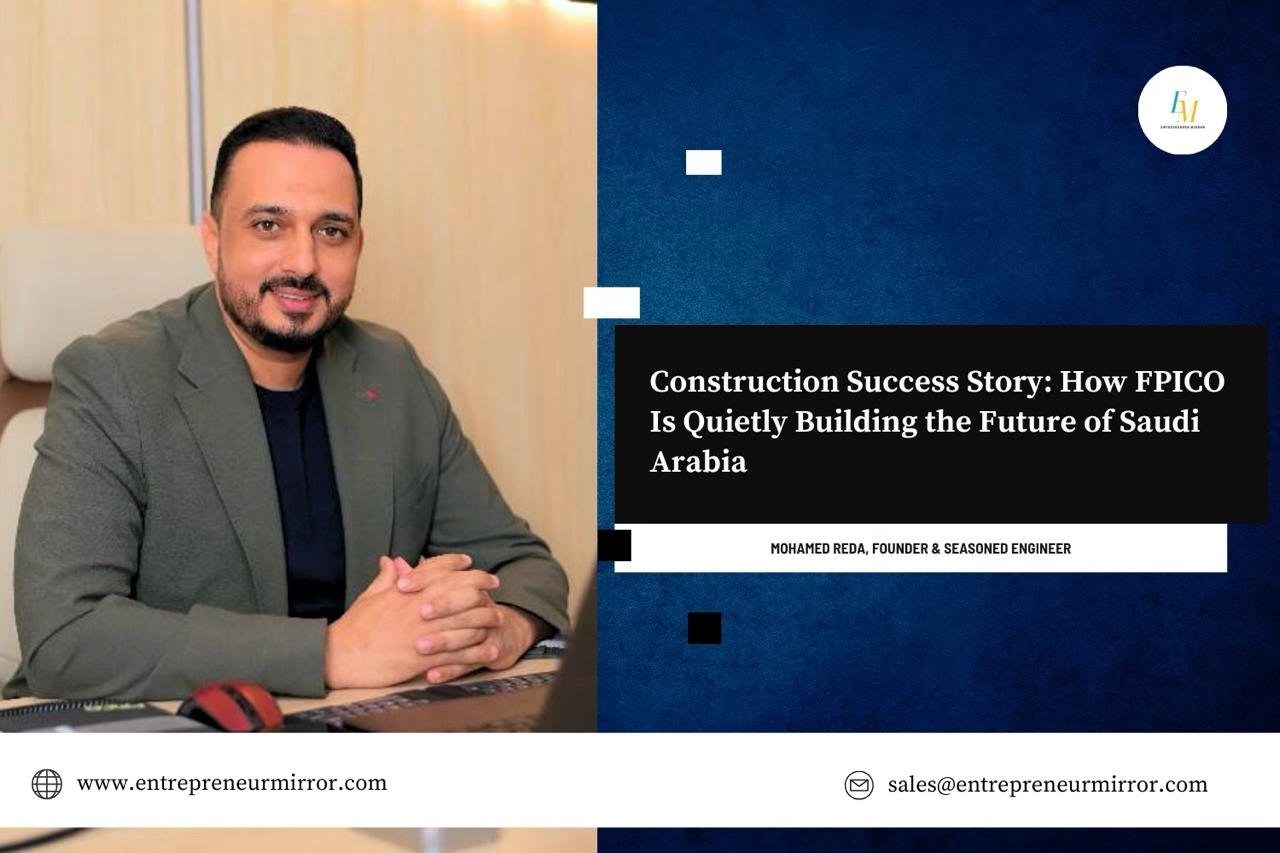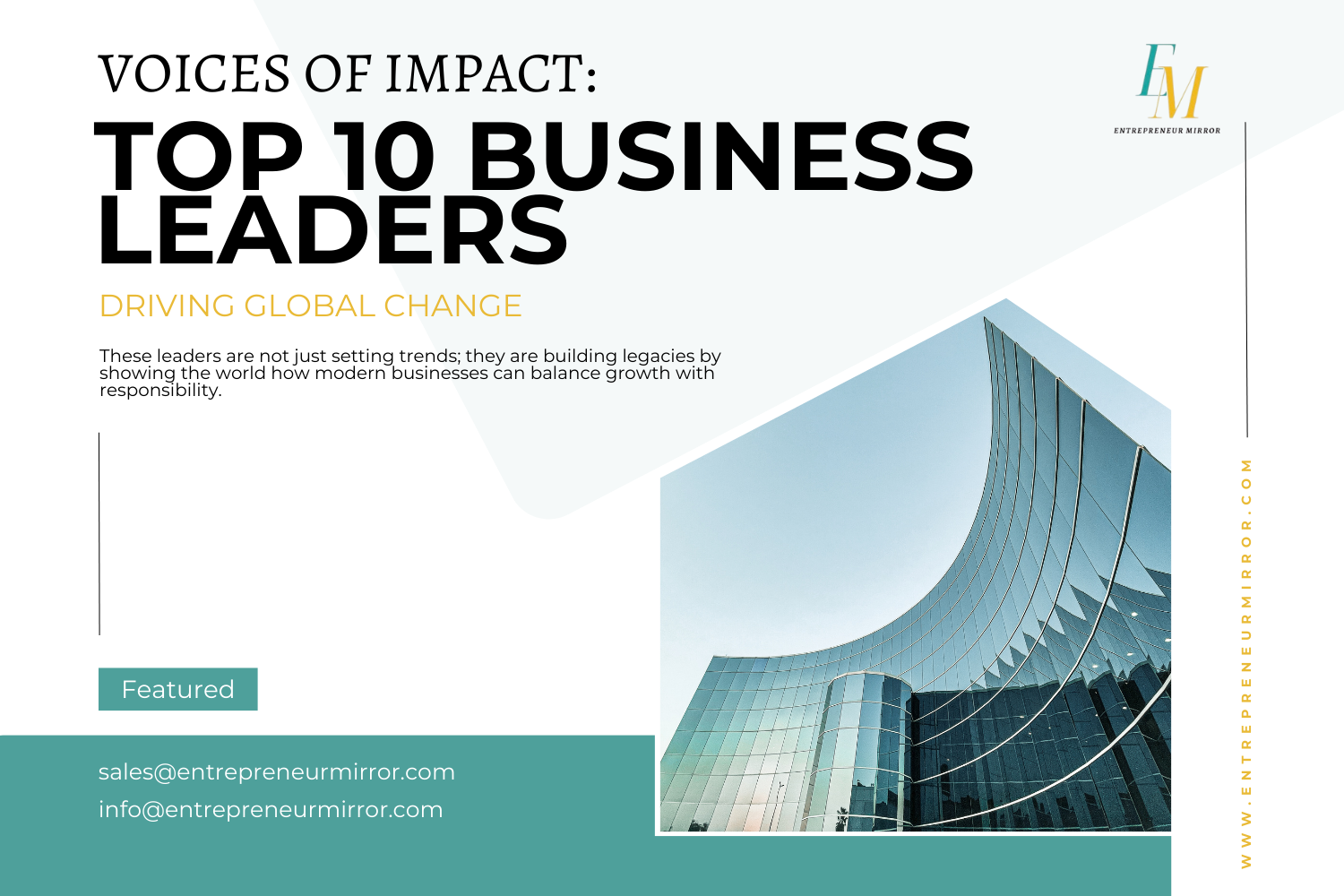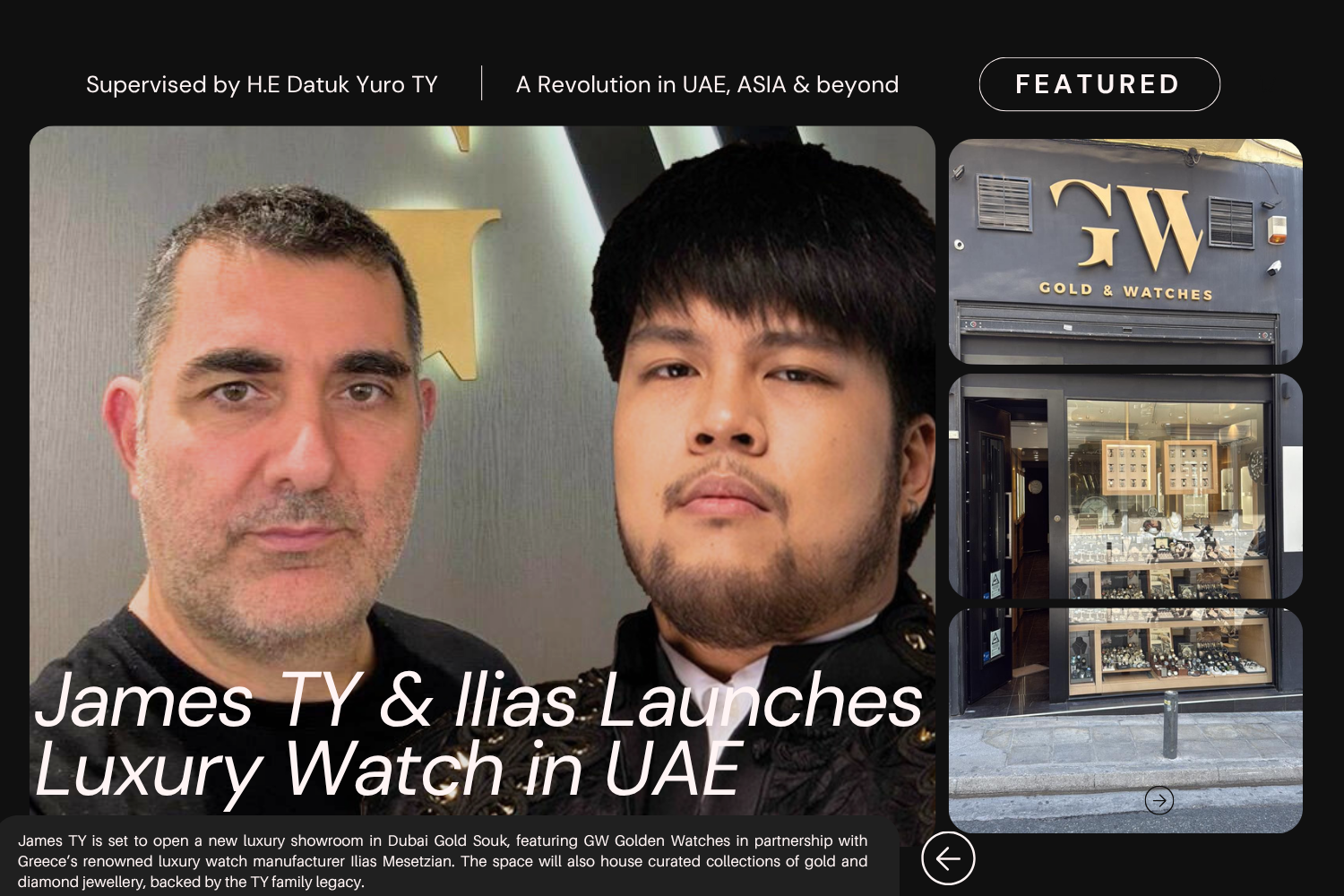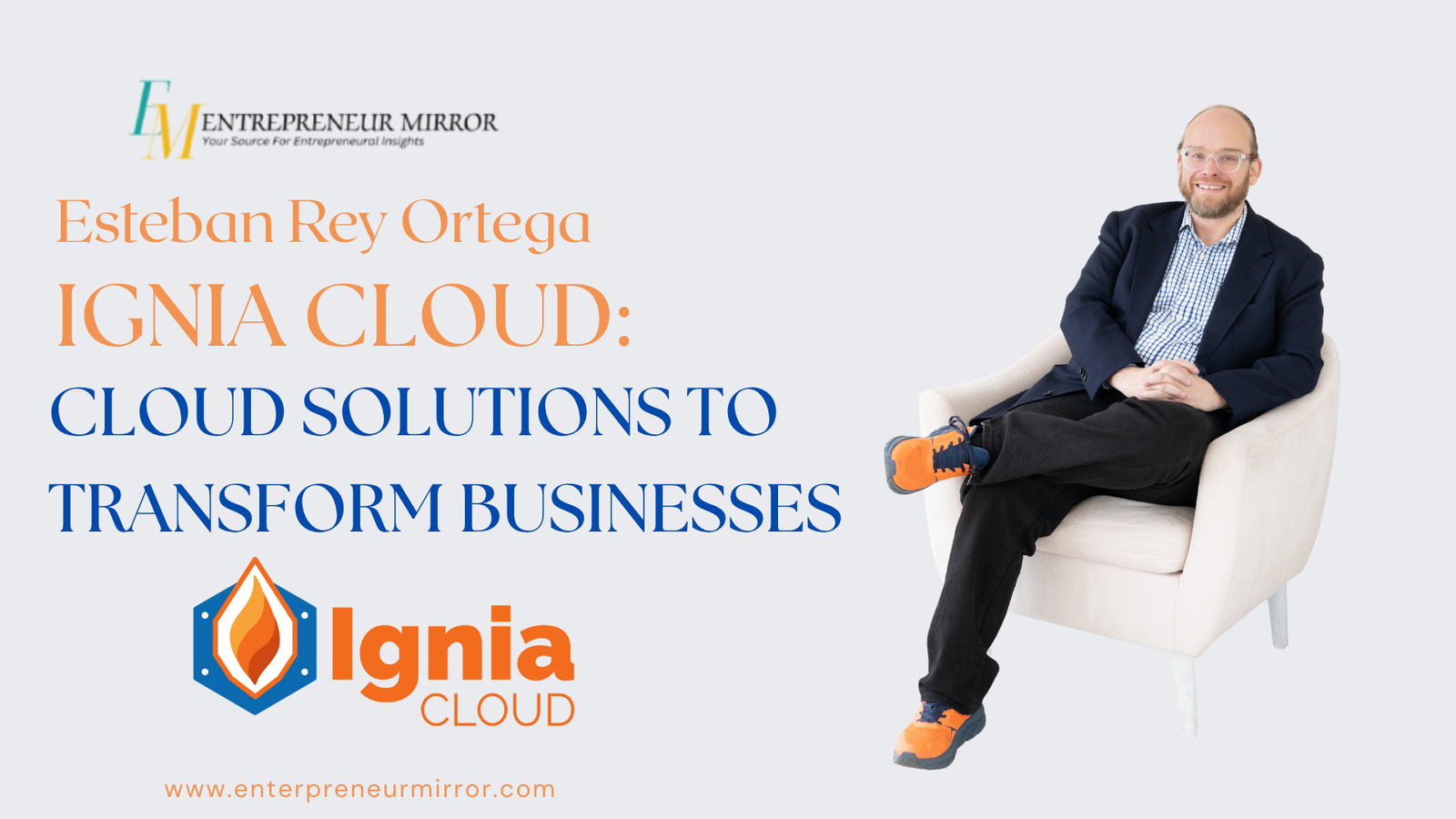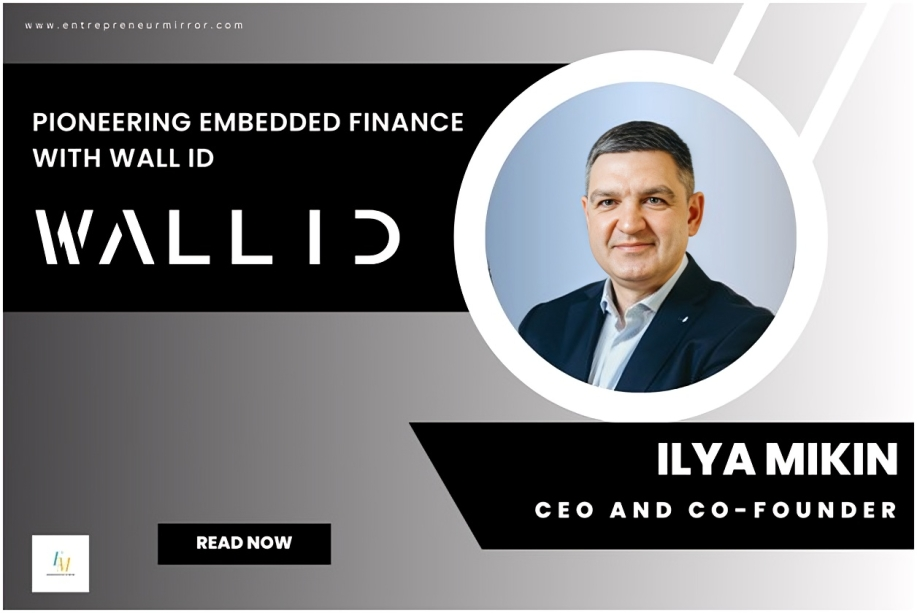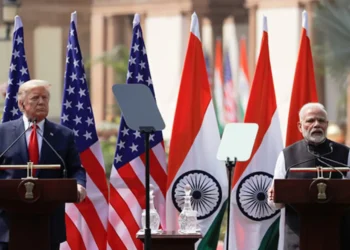As Dubai continues to grow and evolve, the strategic utilization of its scarce land resources within prime areas has become more crucial than ever. The city has undergone transformative projects where underutilized or misaligned plots of land were repurposed to unlock their highest potential. These efforts reflect the visionary approach of the government and master developers, driven by the understanding that certain plots are too valuable to remain in their current state.
One such project exemplifying this forward-thinking strategy is the reshaping of the Safa Park area. The government strategically acquired surrounding villas and properties, even repurposing part of the park itself, to carve out a new channel for the Dubai Canal. This move transformed the connectivity of the city, linking the Arabian Gulf from Ras Al Khor through Business Bay and Safa Park, effectively turning key parts of Deira and Bur Dubai into an island. This monumental infrastructure project not only elevated the city’s landscape but also unleashed untapped value from previously static land, making way for super high-end projects on the canal.
A similar initiative is the Jumeirah Garden City. In this case, Meraas undertook the ambitious task of acquiring and demolishing old villas in the Satwa area, clearing the way for a new community that serves as a vibrant bridge between City Walk, Sheikh Zayed Road, and Downtown Dubai. By reclaiming and revitalizing the area, Meraas created a dynamic, modern development that complements the surrounding regions and adds immense value to the overall urban fabric.
These examples of bold interventions in urban planning and development are models that must continue to be replicated. There are many areas, particularly along Sheikh Zayed Road, that are grossly underutilized despite their prime locations. For instance, several villa communities along this major artery of the city occupy massive, strategically important plots that remain dormant or misaligned with the city’s broader vision. To fully capitalize on the value of these plots, they either need to be reclaimed by the government or rezoned to serve more fitting purposes, unlocking their potential as commercial, residential, or mixed-use developments.
Al Quoz is another critical area that demands reevaluation. Currently, it houses a mix of residential, commercial, and industrial zones that are out of sync with its true potential. Relocating the industrial component of Al Quoz to specialized zones such as Dubai Industrial City (DIC), Dubai Investments Park (DIP), or IMPZ, would free up substantial land, which could then be repurposed for more valuable, community-oriented uses. This move could reinvigorate the area, bringing new life and economic activity while allowing industrial operations to thrive in dedicated hubs.
Similarly, the Dubai World Trade Centre (DWTC) should be reconsidered. Moving it to Expo City, with its expansive infrastructure and post-Expo legacy, provides a ready-made destination for events and trade shows, allowing DWTC to be relocated and freeing up valuable central land. Repurposing this area into a large-scale, vibrant community would not only create significant land availability but also drive further traffic and energy toward Expo City, fulfilling its potential as a long-term commercial and residential hub.
One of the more glaring misuses of land lies in the Jumeirah Lakes Towers (JLT) area. A notable portion of JLT includes labor accommodations and industrial zones that are no longer the highest and best use for such prime real estate. Reclaiming this land under the authority of the Dubai Multi Commodities Centre (DMCC) would allow it to be integrated into the broader JLT community. These plots could be transformed into valuable residential, commercial, or retail spaces that would significantly enhance the area’s vibrancy and utility.
With that brief in mind, perhaps the most absurd example of wasted land is on Palm Jumeirah. The spectacle of Palm West and Palm East—two low-rise, low-density studio buildings sitting on the most prime waterfront plots of the “eighth wonder of the world.” Taking some of the most coveted land on the planet and turning it into a suburban-style parking lot. Instead of incorporating parking into the building’s structure, the developer graciously sacrificed two more invaluable plots to create open-air parking bays. So now, studio tenants park their cars on these super premium dirt patches—where the land alone is worth a huge fortune. In fact, those parking bays are likely worth more than the entire studio building as a whole. It’s almost unimaginable to be pulling into what could easily be the most expensive piece of land your car will ever touch.
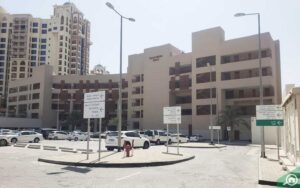
These buildings and their open-air parking lots are sitting on some of the most coveted waterfront land in Dubai, falling short of the grandeur that should define this location. It’s not just a missed opportunity, it’s a downright lost treasure and misuse of ultra-prime real estate. These plots should be repurchased at any cost and repurposed into something that actually deserves to stand on Palm Jumeirah—developments that make full use of the unparalleled views and prestige that come with this world-famous destination.
In conclusion, the development strategies employed in Dubai must continue to focus on maximizing the value of scarce land resources. Whether through government intervention or private enterprise, every underutilized plot represents an opportunity to recapture its value. With smart zoning, repurchasing, and repurposing strategies, Dubai can continue its trajectory as one of the world’s most innovative and forward-thinking cities.
About the Author:
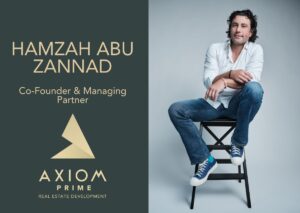
Hamzah Abu Zannad is an industry veteran and the co-founder and managing director of Axiom Prime Real Estate Development. With over two decades of experience in the dynamic Dubai real estate market, Hamzah has played a pivotal role in introducing forward-thinking and sustainable living solutions to the region. Axiom Prime Real Estate Development, renowned for its Dutch-inspired, luxurious developments, focuses on community-driven designs and cutting-edge technology. Their flagship projects in Jumeirah Village Triangle and Jumeirah Garden City (Satwa) exemplify their vision of creating spaces that promote a sense of belonging while unlocking growth potential.
For more information, visit https://axiomprime.ae
Also Read:
A Dubai Company is Offering Half-Priced Petrol-to-Electric Vehicles

